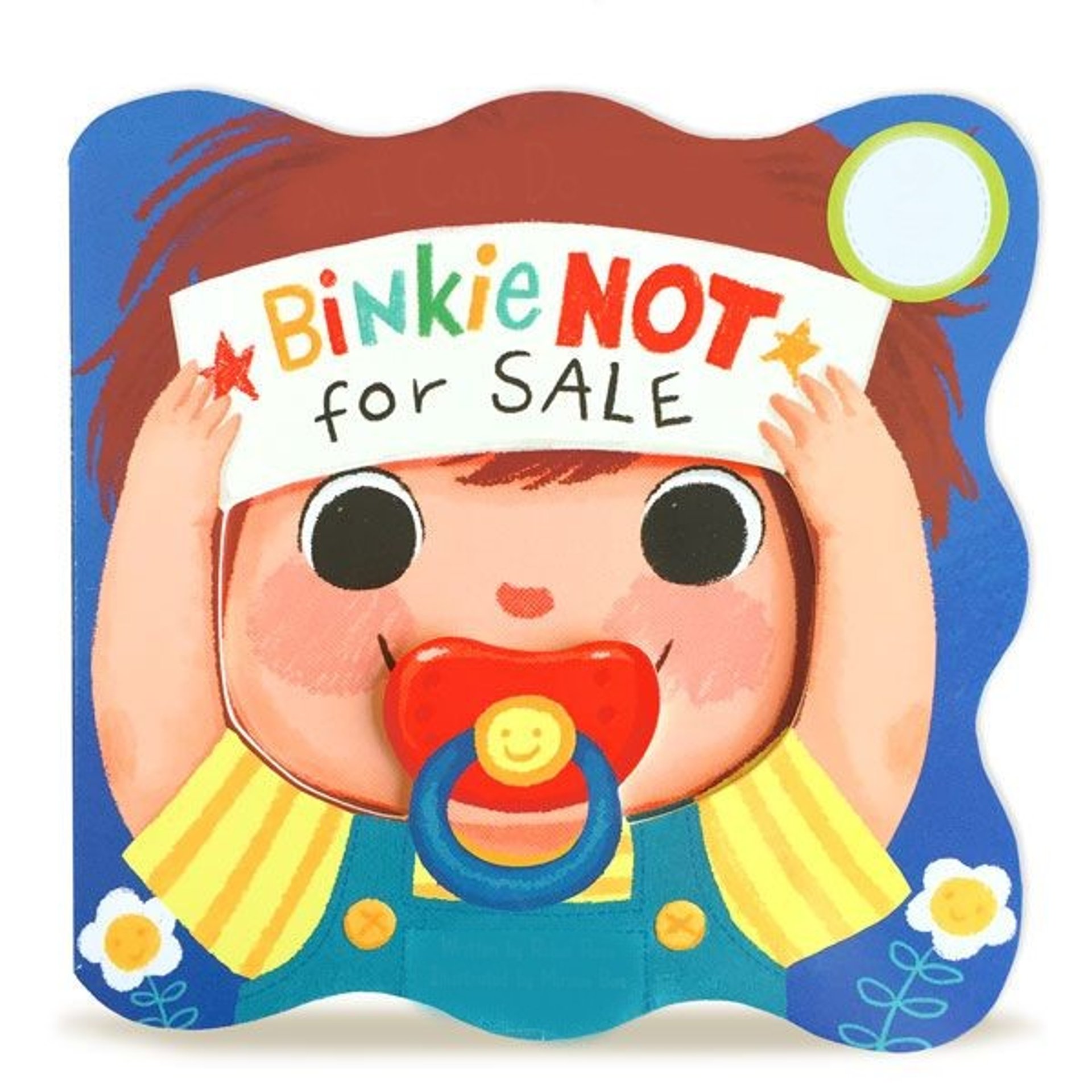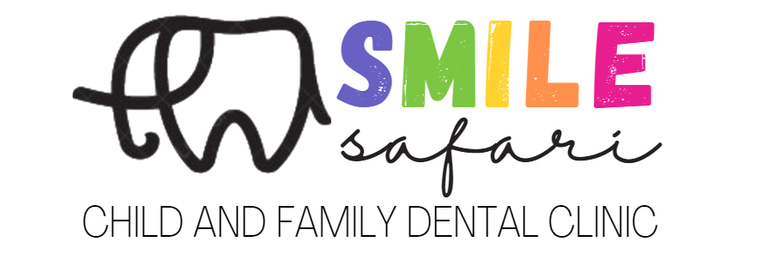
"My Baby Is Addicted to Her Pacifier!"
What do I do?
Dr. Aishwarya Kamble
7/2/20252 min read


Pacifiers can be lifesavers in those early months — soothing a crying baby, helping them sleep, and giving parents a much-needed break. But what happens when the pacifier turns into a can’t-live-without-it habit?
If your little one refuses to part with their paci, especially past the toddler years, you’re not alone — and yes, there’s a gentle way out!
Why Babies Love Pacifiers (And That’s Okay!)
Pacifiers satisfy a baby’s natural sucking reflex. It comforts them, reduces stress, and can even help with sleep. Some studies have even linked pacifier use during naps to a lower risk of SIDS (sudden infant death syndrome) in infants.
So yes — pacifiers have their benefits… but only up to a point.
When Does It Become a Problem?
If your child is still using a pacifier past 2-3 years of age, here’s what can happen:
• Dental problems: Long-term use can lead to misaligned teeth, open bites, or bite problems.
• Speech delays: Constant sucking affects tongue movement and can delay speech development.
• Sleep dependency: Your child may not learn to self-soothe without it.
• Social discomfort: Older toddlers may struggle socially if they rely on a pacifier all day.
How to Break the Pacifier Habit — Gently!
Here are some dentist-approved and parent-tested tips to help your child ditch the pacifier without drama:
1. Start Slow (and During Calm Times!)
Begin by limiting pacifier use to specific times — like bedtime or naptime only.
2. Swap for Comfort Alternatives
Introduce a comfort toy, soft blanket, or calming music to help replace the emotional need.
3. Use the “Big Kid” Talk
Explain that they’re growing up, and pacifiers are for babies. Kids love feeling grown-up!
4. Try the “Pacifier Fairy” Trick
Let your child leave the pacifier under the pillow for the “Pacifier Fairy” to take — and leave behind a small gift or note in return!
5. Gradually Trim It
Snip a tiny piece off the tip every few days. It slowly loses suction and becomes less satisfying — many kids naturally give it up.
What If My Child’s Teeth Already Look Affected?
Don’t worry — minor alignment issues from pacifier use often self-correct after the habit stops. But if your child is older and you notice:
• Front teeth sticking out
• An open bite (space between upper and lower teeth when mouth is closed)
• Changes in speech or jaw movement
Then it's time for a dental check-up. Early intervention is key!
Final Thoughts
Breaking the pacifier habit isn’t about blame — it’s about gentle, positive change. Every child is different, and some take longer to let go. With patience, encouragement, and a few clever tricks, your child will adjust.
And we’re always here to help at Smile Safari Dental Clinic — not just with teeth, but with growing smiles too
Need help with your child’s pacifier use or tooth development? Book a friendly consultation today — no pressure, no scolding, just support!
My Baby Is Addicted to Her Pacifier- What do I do?
SMILE SAFARI
CHILD AND FAMILY DENTAL CLINIC
Address
Building no. 12, Shop No. 2, Andheri Sahakari CHS Ltd. Ganesh Chowk, D.N. Nagar, Andheri West, Mumbai-400053
Contact Us
+918169138816
smilesafaridentalclinic@gmail.com
